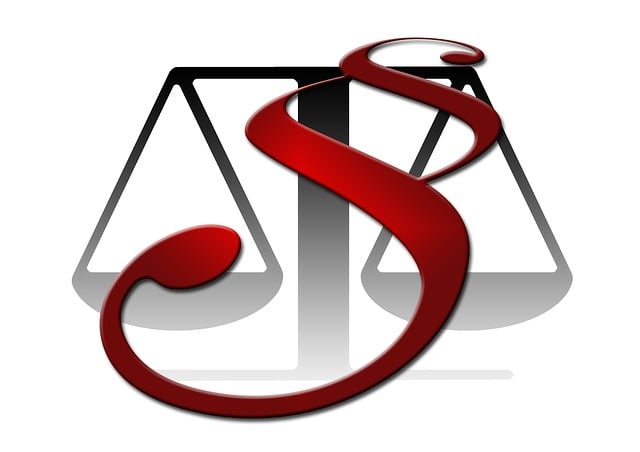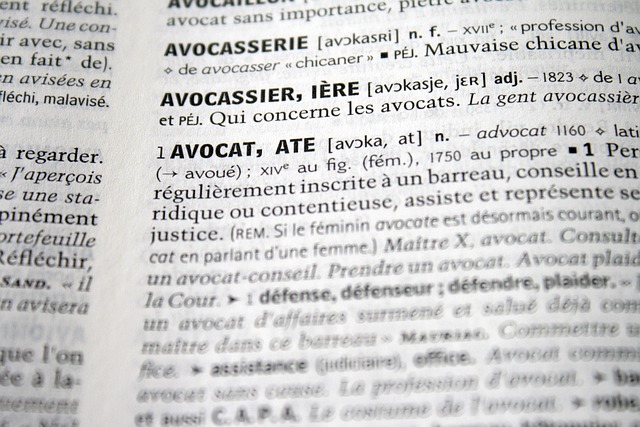Healthcare compliance experts are crucial in protecting patient rights, especially Due Process Rights in Criminal Trials. They navigate complex regulations like HIPAA and anti-kickback statutes, review policies to prevent misconduct, and guide organizations through legal challenges. By ensuring fairness, these experts enhance patient safety, satisfaction, and maintain trust in the healthcare system, while mitigating risks associated with white-collar crimes.
“Healthcare Compliance Experts: Navigating the Complexities of Ethical Practice
In the ever-evolving landscape of healthcare, professionals face unprecedented challenges ensuring patient safety and rights. This article delves into the vital role played by healthcare compliance experts, who serve as a crucible for ethical standards. We explore their impact on various aspects, from criminal trials where due process rights are paramount, to guiding medical professionals through intricate legal requirements. Understanding these experts’ contributions reveals how they enhance patient care while upholding stringent ethical benchmarks.”
- Understanding Healthcare Compliance Experts' Role
- Ensuring Fairness: Due Process in Criminal Trials
- Navigating Legal Requirements for Medical Professionals
- The Impact of Compliance on Patient Care and Rights
- Strategies to Maintain Ethical Standards in Healthcare
Understanding Healthcare Compliance Experts' Role

Healthcare Compliance Experts play a pivotal role in ensuring that medical institutions adhere to legal and ethical standards across all stages of the investigative and enforcement process. Their primary objective is to safeguard patient rights, including Due Process Rights in Criminal Trials, by meticulously reviewing policies, procedures, and documentation. These experts are well-versed in navigating complex regulations, from HIPAA privacy rules to anti-kickback statutes, ensuring that healthcare providers maintain integrity and avoid legal pitfalls.
By scrutinizing practices and systems, they help organizations prevent misconduct, false claims, and unnecessary litigation. This includes monitoring for potential violations during the initial stages of an investigation, offering strategic guidance on avoiding indictment, and providing support throughout jury trials if needed. Their expertise is invaluable in fostering a culture of compliance that not only reduces legal risks but also enhances patient safety and satisfaction.
Ensuring Fairness: Due Process in Criminal Trials

Ensuring fairness is a cornerstone of any just society, and this principle holds immense significance in criminal trials. The Due Process Rights in Criminal Trials are designed to protect individuals from arbitrary or unfair prosecution by the state. This includes guarantees such as the right to be informed of charges, the right to confront witnesses, and the right to an impartial jury—essential components that ensure a defendant’s voice is heard and their trial is conducted impartially.
In the context of white-collar defense, understanding and upholding these due process rights are crucial. Many cases involving white-collar and economic crimes require meticulous navigation through complex legal landscapes. Accused individuals face formidable challenges when fighting for a complete dismissal of all charges. Therefore, healthcare compliance experts, with their expertise in navigating regulatory and legal intricacies, play a vital role in ensuring that criminal trials adhere to the highest standards of fairness and justice.
Navigating Legal Requirements for Medical Professionals

Medical professionals are tasked with a delicate balance between providing exceptional patient care and adhering to an intricate web of legal requirements. Navigating these regulations is essential for maintaining professional integrity, ensuring patient safety, and avoiding legal repercussions. Every aspect of their practice, from record-keeping to patient interaction, must comply with federal and state laws, including those related to privacy, consent, and reporting.
Understanding the legal landscape is crucial, especially in high-stakes situations like criminal trials, where medical experts may be called upon to testify. In such cases, due process rights become paramount for all involved parties. Professionals must stay informed about their responsibilities throughout the investigative and enforcement process, ensuring that their actions are well within ethical and legal boundaries. This proactive approach helps in avoiding unnecessary pitfalls, including potential indictment in white-collar defense matters, and fosters a culture of responsible medical practice.
The Impact of Compliance on Patient Care and Rights

In the healthcare sector, compliance goes beyond mere adherence to regulations; it is a cornerstone of patient care and rights. Effective compliance ensures that medical institutions operate with transparency and integrity, safeguarding patients from potential harm. When healthcare providers prioritize compliance, they establish trust with their patients, ensuring that every interaction aligns with legal and ethical standards. This is particularly crucial in high-stakes cases where corporate and individual clients are involved, as it helps in avoiding indictment and legal repercussions for breaches in patient rights.
By upholding strict compliance standards, healthcare organizations can mitigate risks associated with non-adherence to laws and regulations. This includes respecting the Due Process Rights in Criminal Trials, ensuring fair treatment of patients, and maintaining confidentiality. Well-defined compliance protocols foster an environment where medical professionals can focus on providing quality care without worrying about legal pitfalls, thereby enhancing patient outcomes and satisfaction.
Strategies to Maintain Ethical Standards in Healthcare

Maintaining ethical standards in healthcare is paramount to ensuring patient safety and trust. Healthcare compliance experts play a vital role in navigating complex regulations while upholding moral principles. They employ strategies such as regular staff training on ethical practices, fostering an open culture where concerns can be reported without fear of retaliation, and implementing robust internal audits. By promoting transparency and accountability, these measures help prevent misconduct and promote a culture of integrity.
Moreover, these experts must stay abreast of legal frameworks, including the Due Process Rights in Criminal Trials, which have implications for healthcare investigations. This knowledge is crucial for defending institutions against allegations, ensuring fair practices, and achieving extraordinary results while mitigating risks associated with white-collar and economic crimes. For his clients, this translates to robust protection and a commitment to upholding not only legal but also ethical standards.
Healthcare compliance experts play a vital role in ensuring ethical practices, patient rights, and legal adherence across various medical settings. By skillfully navigating complex regulations, they foster fairness in criminal trials, particularly regarding due process rights. Moreover, these experts guide medical professionals through intricate legal requirements, ultimately enhancing patient care and safeguarding their interests. Through strategic implementation of ethical standards, healthcare compliance ensures a safe, just, and compassionate medical landscape.






